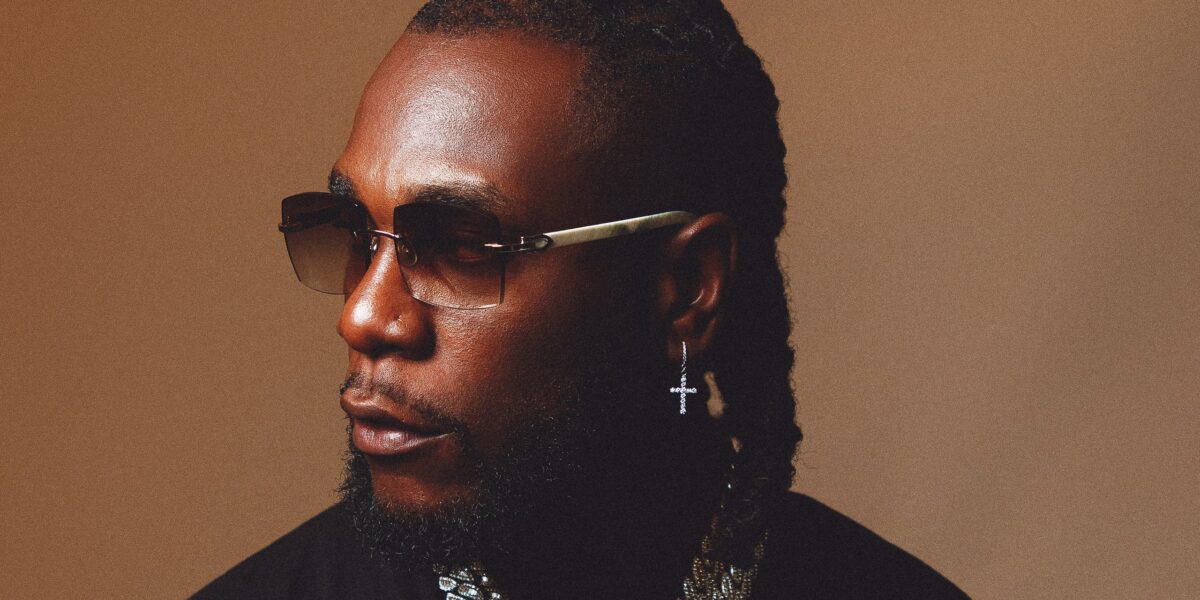Shatta Wale, a Ghanaian musician and his erstwhile friend, Grammy award-winning Burna Boy had a very nasty fight on social media. I don’t know the genesis of the fight (I do not care) and was prepared to ignore it until they began accusing each other of rape. Shatta Wale also ridiculously accused Burna Boy of “raping jealousy,” and said Burna “is jealous because I did the same to his girl.” The mind boggles! The casualness with which these accusations were thrown out (and it would appear, admitted to in Shatta Wale’s case) says a lot about both men, certainly, but it’s also an indictment on how our society views sexual assault against women as a non-case.
I recall the allegations of rape that followed Flavour Nabania’s 2018 concert at the Michael Okpara Square, Enugu. Concert-goers tweeted accusations of women being raped while security personnel watched on. As far as I know, Flavour never made a statement denying it or asking for an investigation or justice and no one was ever arrested. The allegations died like they never existed. According to some reports, no victims presented themselves to the authorities.
- Why Ikoyi building collapsed – Panel of inquiry
- Banditry: Police arrest Chinese nationals, miners in Kogi, Niger, Kaduna
The fact that no reports were made is no indication that it didn’t happen, of course. Are we not in Naija again? According to a 2019 ICIR report by Kunle Adebajo, there were 65 rape convictions between 1973 and 2019 in the whole of Nigeria. “Of all these convictions, 32 took place in 2015 and the years before, while 33 took place after 2015. Most of the verdicts were delivered by Magistrate, Sharia, Upper, and High Courts.” Sixty-five rape convictions in 46 years is ridiculous. If anecdotal evidence is anything to go by, that doesn’t even come close to how many sexual assaults took place in my four years at Nsukka alone. It doesn’t even scratch the surface. So why are these assaults so grossly under-reported?
Part of the reason is the pervasive culture of victim-blaming. For instance, at UNN in my time, there were male students whose primary identities were as ‘bad boys’ and rapists. These identities insulated them from punishment because their victims were more likely to be shamed/blamed than not. One of those students attempted to rape me. He threw open the windows of his room and told me I could shout as much as I wanted to and no one would come to my aid, presumably because, as I heard from someone else, “any girl who enters that room gets what they’re asking for.” More than a few people who heard simply asked if I didn’t know he was a rapist. By the way and not that it excuses him in any way, I didn’t. I saw him at daily Mass, I saw him receive communion at Mass. Had he managed to get his way and raped me, I doubt I would have had the courage to report him to authorities. No, I know I wouldn’t have reported him to the authorities. Whatever justice I sought, it would not have been from the police or from the university. UNN wasn’t atypical. All across Nigeria, these ‘bad boys’ existed, sexually assaulting female students without any fear of legal retribution. Between 2017 and 2019, per Ghanaweb.com, Kwame Nkrumah University of Science and Technology in Kumasi,Ghana recorded 329 cases of rape. According to the report, male students took advantage of poor lighting on campus to assault female students “and get away with it.” In societies like these, where rapists go free, superstar musicians can blithely accuse each other of rape and not see anything wrong in implicating themselves of being rape enablers at the very least.
Worse: in societies like these, rape thrives. Sexual assault is used as ‘punishment.’ Recall the viral video of the man who threatened to rape a female PHCN employee for trying to cut his cable while doing her job. This man seemed to have no idea that what he was threatening to do was a crime. He undressed even as someone had a camera on him. He didn’t care. The poor woman was bullied into not doing her job and leaving the scene.
We need an urgent paradigm shift. Sexual assault must be recognised as a violent, serious crime it is. As long as it is treated as casually as we do at the moment- comedians using rape as a punchline (remember Basketmouth and Ay Makun?); male students holding it as a weapon over female students on our campuses; men threatening to rape women in broad daylight as punishment for whatever- nothing will change. That shift needs to happen for our authorities to begin to take accusations seriously. Parents must begin to do a better job in ensuring that their sons understand the gravity of the crime and in empowering their daughters to report assaults. We must break the culture of victim-blaming. The shame of sexual assault belongs firmly to the criminal and not the one who’s been attacked.
Shame on Shatta Wale and Burna Boy. I wonder if, as international stars, these wild accusations they’ve thrown at each other will elicit any response from their sponsors and collaborating artists. In any case, I hope that at the very least, the accusations are investigated. Both musicians have fallen my hand. Seriously!

 Join Daily Trust WhatsApp Community For Quick Access To News and Happenings Around You.
Join Daily Trust WhatsApp Community For Quick Access To News and Happenings Around You.



